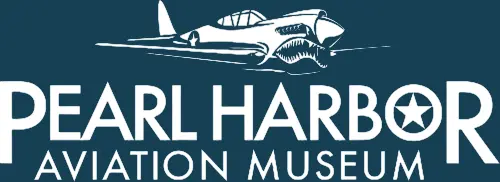Amelia Earhart and Hawaii
AVIATRIX'S RECORD-BREAKING FLIGHT FROM HAWAII TO CALIFORNIA
Trailblazing aviatrix Amelia Earhart and Hawaii have a record-breaking history together – from embarking on the first solo flight from Hawaii to California, to crash landing on Ford Island during her first attempt at flying around the world.
January 11, 2022 marked the 87th anniversary of Earhart’s departure of her historic flight from Honolulu, Hawaii to Oakland, California. Upon landing in California, on January 12, 1935, Earhart became the first person to fly solo from Hawaii to California.
Learn about the aviation milestones in the years leading up to Amelia’s historic flight, the flight, and Earhart’s other record-breaking attempts.
EARLY ATTEMPTS AT TRANSPACIFIC FLIGHT
“Bird of Paradise” landing at Wheeler Field after completing the first non-stop flight from California to Hawaii.
Although Earhart was the first to fly solo from Hawaii to California, she was not the first flight to make the trip over the Pacific.
The first notable attempt at an Oakland to Honolulu flight was in 1925 by a Navy Commander and his crew. Unable to make it, they landed their seaplane 450 miles away from Hawaii. They rigged up sails, reaching the islands 10 days later.
Two years later, in early 1927, two Air Corp lieutenants flying the “Bird of Paradise” successfully completed the first non-stop flight from Oakland to Wheeler.
THE DOLE DERBY
Aircraft poised to start the Dole Air Show from Oakland on August 16, 1927
The Dole Derby was an air race across the Pacific Ocean from Oakland, California to Honolulu, Hawaii, which took place in August of 1927. James Dole, the Hawaii ‘pineapple king,’ offered a price of $25,000 for first prize and $10,000 for second prize in the race across the Pacific.
Although there were 18 official entries, only eight were set to compete in the race. In the end, only four teams had successful take offs and were on course to Hawaii. Only two teams, Woolaroc and Aloha finished the race, making it to Honolulu. The remaining two, Golden Eagle and Miss Doran were never seen again. In total, before, during, and after the race, ten lives were lost and six airplanes were lost or damaged beyond repair.
AMELIA EARHART ARRIVES IN HAWAII
Earhart sailing past Aloha Tower upon arrival in Honolulu on December 27, 1934. Hawaii Department of Transportation Airport Division Image.
Seven years later, Amelia Earhart, George Putnam, Mr. and Mrs. Paul Mantz, plane mechanic Ernie Tissot, and Earhart’s 1931 Lockheed Vega arrived in Honolulu on December 27, 1934.
Earhart and fellow travelers refused to confirm or deny whether the speculated flight from Honolulu to California would occur.
While in Hawaii, the group attended the Honolulu Bowl, Amelia spoke at the University of Hawaii, they did a test run with the Vega, toured the island, and traveled to other Hawaiian Islands all before the big day.
CRITICS OF THE ATTEMPT
Mechanics at Wheeler Airfield calibrate the compass on Earhart’s airplane. Hawaii Department of Transportation Airport Division Image.
Earhart’s speculated flight came with a large amount of controversary. During the time leading up to Amelia’s flight, Hawaiian businessmen were negatively reacting to new legislation passed in Congress which they believed was unfair to the Hawaii sugar industry, the state was pushing for tourism, and the businessmen were offering a $10,000 prize for first flight from Hawaii to the mainland. This led to discussions involving Earhart’s reputation and her relationship with business and politics.
Additional controversy included the use of Army mechanics to work on her airplane, taking business away from civilian mechanics. The Navy was also concerned about the range of radios on Earhart’s Vega and the cost of a sea search if she were to go missing. Previous sea searches had cost an estimated $1 million and the lives of 10 people.
Because of the controversy circling the suspected flight, the businessmen sponsoring Earhart’s flight became nervous and wanted to back out of the deal. They told Earhart to abandon her attempt and ship her airplane home. Earhart stood her ground stating, “I intend to fly to California within this next week, with or without your support.”
The sponsors agreed to continue their support.
JANUARY 11,1935 4:44 P.M.
Earhart dons her flight suit at Wheeler airfield before departing on January 11, 1935. Hawaii Department of Transportation Airport Division Image.
After delays caused by hours of rain, at 4:44 p.m. on the gloomy Friday evening of January 11, 1935 Amelia Earhart’s Vega lifted from the rain-soaked Wheeler Airfield with “500+ gals of fuel, an extra radio, a rubber raft, sandwiches, boiled eggs, tomato juice, hot chocolate, chocolate bars, water, plus some memorabilia.”
A HISTORIC FLIGHT
Earhart’s Vega at Wheeler Field. Hawaii Department of Transportation Airport Division Image.
As Earhart took off from Wheeler Field that evening and flew over Honolulu, she described seeing the “human ants, far below, going home after their day’s work.” Makapu’u was Earhart’s last island outpost of her course, with Molokai in the hazy distance as she climbed to 6,000 feet.
Amelia checked in on the radio, giving the “all ok” before turning on KGU, a Honolulu radio station. The music stopped for an immediate broadcast, “Amelia Earhart has just taken off on an attempted flight to Oakland.” Earhart remembers herself thinking,
“You’re telling me!”
In order to broadcast, Earhart had to roll out an antenna below the plane which was weighted down by a lead ball. Amelia continued to check in, though static made it difficult to understand, the world listening in anticipation for the next report from call sign KHABQ.
Earhart flew the majority of the flight at 8,000 ft until she spotted a toy steamer through a break in the clouds. Happy for the company and pleased she was still on course, Earhart dove to 150 to 200 feet above the sea to circle the steamer. Lining up with the wake of the boat, Earhart was again on her way, remaining at 1500 feet for the rest of the flight. After realizing she was slightly behind schedule, she remained low and throttled back from 160 to 140 miles per hour to conserve fuel.
COMPLETION OF THE FIRST SOLO FLIGHT FROM HAWAII TO CALIFORNIA
Earhart receiving bouquet after landing at Oakland Field after her flight from Hawaii.
Eighteen hours later Earhart coasted just south of Pillar Point, flying directly to the Bay Farm Island Airport near Oakland. As Amelia landed and taxied between 5,000 – 10,000 people were there to celebrate, honking their horns and cheering. Once she stopped, they rushed to the plane where Amelia popped her head out to greet the crowd.
Amelia landed with two hours of fuel remaining.
1937 CRASH ON FORD ISLAND
Earhart's Electra after her crash on Ford Island.
In March 1937, Amelia Earhart returned to Hawaii after completing her first leg of her East to West attempt at circumnavigating the world. During this attempt, she intended to take off from Luke Field on Ford Island, the airfield in front of Pearl Harbor Aviation Museum. However, Earhart’s Electra ground-looped on takeoff straight out from Hangar 37.
Her Lockheed Electra went out of control, collapsing the gear and badly damaging the aircraft. This ended her attempt around the world. The aircraft was shipped back to the mainland for extensive repairs.
New Attempt and Disappearance
By the time Earhart’s Electra was repaired, the worldwide weather conditions shifted. This led Earhart and her navigator to take a West to East attempt at an around the world flight. The last transmission from Earhart was received by the U.S. Coast Guard t 8:45 a.m. on July 2, during their 2500-mile flight from New Guinea to Howard Island. In one of aviation’s great mysteries, Earhart and her navigator vanished over the Pacific.
Amelia Earhart’s Record Flight from Wheeler Field to Oakland
Prepared by Colonel Ronald Barker, HQPACAF/Dou

